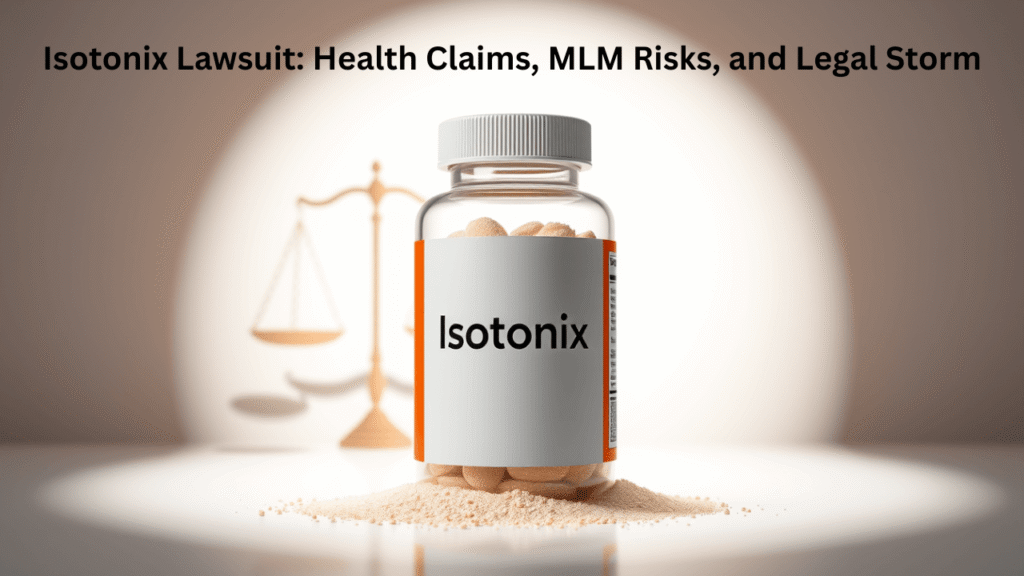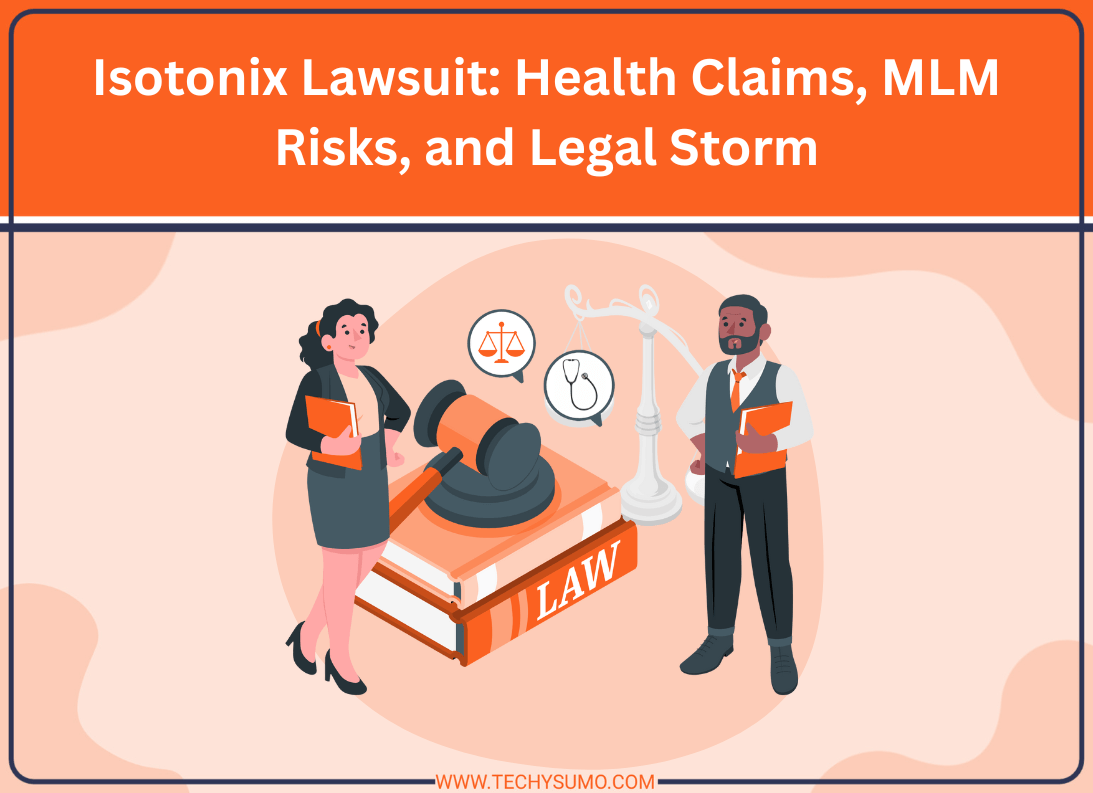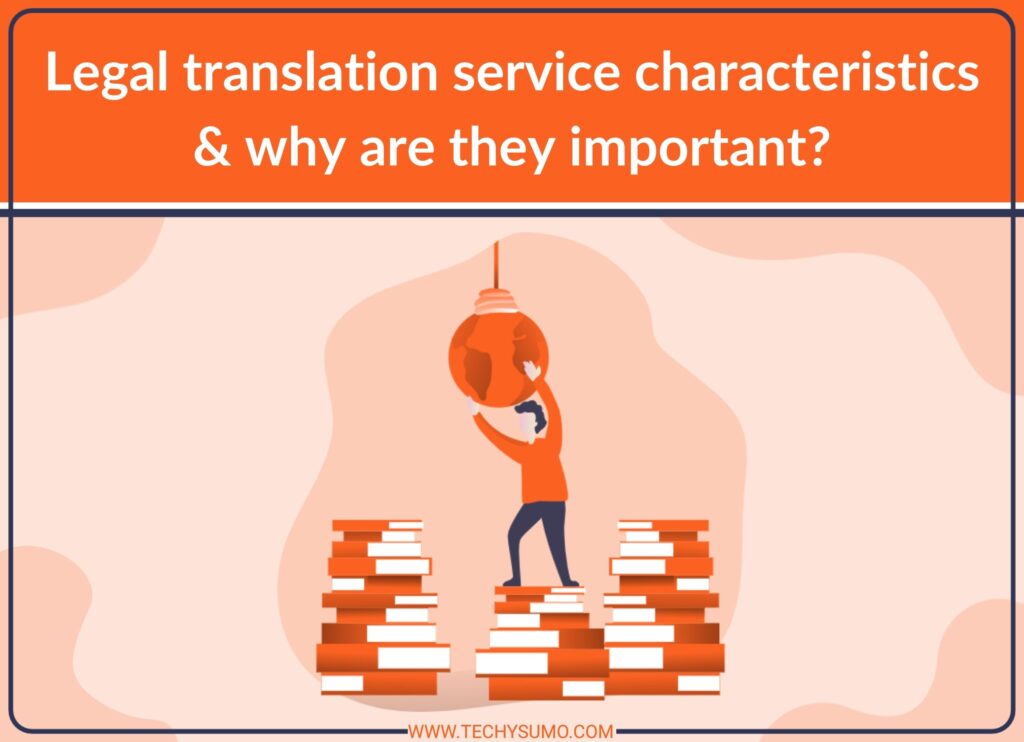For years, Isotonix promised a better path to wellness through easy-to-mix supplements. But behind the glossy marketing and glowing testimonials, serious questions have surfaced. From legal complaints and FDA warnings to accusations of false advertising and running a pyramid scheme, the company now finds itself under a harsh spotlight. If you’re a customer, a seller, or simply someone curious about the truth, this deep dive into the Isotonix lawsuit breaks it all down — no fluff, just facts.
In this deep dive, we’re peeling back the layers on the Isotonix lawsuit, the parent company Market America, and what all this legal noise really means for users, sellers, and the health supplement world at large.
Table of Contents
- What Isotonix Says It Is… and What It’s Selling
- Market America: The Powerhouse Behind the Powder
- Legal Trouble: A Long Time Coming
- The 2017 Bombshell: Allegations of a Pyramid Scheme
- More Heat in 2023: False Advertising & Dubious Health Claims
- The Fallout for Customers and Sellers
- Market America’s Response: Damage Control or Genuine Change?
- Where Things Stand in 2025
- Key Takeaways from the Isotonix Saga
What Isotonix Says It Is… and What It’s Selling

At first glance, Isotonix seems like just another wellness brand. Instead of pills, they offer powdered supplements you mix with water — the idea being that your body absorbs nutrients better in liquid form. Products like OPC-3, a supposedly powerful antioxidant, and various multivitamin and joint-support formulas are staples in their lineup.
The pitch? These drinks mimic the body’s natural fluid balance — aka “isotonic” solutions — to help vitamins and minerals slide right into your bloodstream.
Owned by Market America, which has been in the game since 1993, Isotonix products aren’t stocked on pharmacy shelves. Instead, they’re sold through a vast multi-level marketing (MLM) network. You either order online or get them through a friend, a neighbor, or maybe your cousin who suddenly became very enthusiastic about nutrition.
Also Read
Some users love the taste and the supposed boost. Others? Not so much. Upset stomachs, headaches, and even ER visits have made the rounds in online reviews. And let’s not ignore the elephant-sized price tag — bottles can run upwards of $50 a pop.
Market America: The Powerhouse Behind the Powder
So, who’s calling the shots behind Isotonix?
That would be Market America, founded in 1992 by James and Loren Ridinger in North Carolina. This isn’t just a supplement company — it’s a sprawling empire of beauty, cleaning, and weight-loss products, all sold through an army of “UnFranchise Owners” in a classic MLM model.
These sellers not only pitch products but also recruit others to join in. And like most MLMs, the dream of “being your own boss” rarely lives up to the promise. High startup costs, pressure to purchase inventory, and mandatory events can quickly outweigh any real income — unless you’re perched at the top of the food chain.
Market America raked in nearly $800 million back in 2016, but critics say it’s built less on products and more on recruitment. And when James Ridinger passed away in 2023, Loren took the reins — the company is still going strong, especially in Asian-American and Chinese-American communities, which some lawsuits claim were specifically targeted.
Legal Trouble: A Long Time Coming
Alright, let’s dig into the legal drama — because it’s not just one issue, but a tangled web of them.
Early Warnings and Complaints
The FDA got involved as early as 2020, calling out Market America for failing to report serious health complaints. Users reported things like nausea, dizziness, and even hospitalization after using supplements like OPC-3.
Under federal law, companies have 15 days to report such issues. Market America? They missed the deadline — a big no-no in the health industry.
And then came the mislabeling fiasco. Confusing serving sizes and unclear dosing instructions earned the company a slap for “misbranding.” They promised to fix it, but public trust took a hit.
The Income Lie
Beyond health claims, there’s the money side. In 2020, watchdog group Truth in Advertising flagged hundreds of fake income claims made by distributors. Ads promised six-figure paychecks and “financial freedom” — when in reality, most sellers barely broke even.
That led to pressure from the FTC, which doesn’t mess around with misleading advertising. Market America had to scrub its websites clean of those over-the-top income promises.
If you’re navigating legal issues yourself—whether related to business disputes or personal matters—finding the right legal help is crucial. That’s where MyLawyer360: Find Top Criminal Defense Attorneys Fast & Easy comes in. This platform helps you connect quickly with skilled attorneys, making legal support more accessible when it matters most.
The 2017 Bombshell: Allegations of a Pyramid Scheme
In 2017, things really escalated. A class-action lawsuit accused Market America of being a full-blown pyramid scheme. Plaintiffs claimed the company focused more on recruitment than product sales, which — if proven true — is flat-out illegal.
Many of those targeted were Chinese immigrants, drawn in with dreams of quick riches. The sad reality? Most made little to nothing.
By 2019, the case moved from California to North Carolina and merged with similar suits. While no final judgment has been handed down yet, the damage to Market America’s reputation is undeniable.
And pop culture caught on. A comedy show even described the company as “scam-like” — not the kind of press any business wants.
More Heat in 2023: False Advertising & Dubious Health Claims
Fast-forward to 2023, and Isotonix was back in court — this time over allegedly false advertising. The federal class-action lawsuit claimed the company exaggerated the benefits of its supplements, especially when compared to regular capsules or tablets.
One glaring issue? They used a USC professor’s endorsement to boost credibility — but he was on the company’s payroll. That’s not just shady; it undermines the whole idea of a fair review.
Plus, Isotonix made claims about helping with heart disease and other conditions — but without strong, peer-reviewed research to back them up. That’s a big problem when the FDA strictly prohibits supplement companies from suggesting their products can treat or cure any medical condition.
The Fallout for Customers and Sellers
So, what does all this mean for you, the buyer — or for those considering becoming a distributor?
Well, trust is fading. Loyal customers are starting to bail, citing side effects, high prices, or a simple lack of results. And for sellers? Many say they’ve lost money rather than made it.
Even more concerning is the lack of support many ex-sellers claim they got from Market America. On forums like Reddit, you’ll find no shortage of personal stories — from financial losses to feeling misled by flashy training seminars.
To be fair, some Isotonix products have passed third-party tests for purity and safety. Others haven’t. And as the supplement industry grows, government agencies like the FTC and FDA are cracking down harder.
Market America’s Response: Damage Control or Genuine Change?
Market America is standing its ground. The company says it’s fully legal, that its products are real, and that it’s not a pyramid scheme. When the FDA came knocking, they cleaned up their labeling and reporting systems.
In public statements, they present themselves as committed to transparency and quality. But critics — and many former distributors — aren’t buying it. They say the company still isn’t being honest enough and needs to rebuild trust from the ground up.
Where Things Stand in 2025
Here’s the current lay of the land:
- The 2017 pyramid scheme case is still grinding through the court system.
- The 2023 class-action suit over health claims? Also ongoing.
- So far, the FDA hasn’t issued new warning letters in 2025 — but they’re definitely keeping tabs.
Despite all this, Isotonix is still on the market, and Market America is still recruiting. Some users remain loyal, swearing by the product line. Others have moved on, disappointed or disillusioned.
The outcomes of these lawsuits could reshape how the company operates — or force it to pay out damages. Even if Market America wins in court, they’ll still face increasing pressure from regulators demanding proof over promises.
Key Takeaways from the Isotonix Saga
Let’s wrap it up with a few hard-learned lessons from this unfolding drama:
- Look for evidence, not just excitement. Flashy marketing isn’t enough — demand scientific proof.
- Approach MLMs with caution. If the business model depends more on recruiting than selling, that’s a red flag.
- Speak up if something seems off. Reporting health issues or shady practices helps protect everyone.
- Health isn’t worth risking on hype. Always consult your doctor before jumping on the next supplement bandwagon.
Whether you’ve tried Isotonix or just stumbled across one of their distributors on Facebook, it’s always smart to ask questions. Your health — and your wallet — deserve it.






